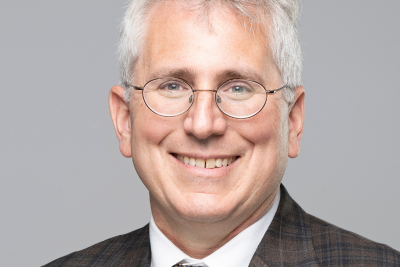OPTIMISTICC
Co-led by Professor Wendy Garrett (Harvard T.H. Chan School of Public Health, USA) and Professor Matthew Meyerson (Dana-Farber Cancer Institute, USA).The challenge
The OPTIMISTICC team is tackling the microbiota challenge. The human body hosts trillions of different microorganisms, including bacteria, fungi and viruses, collectively forming the microbiota- or microbiome. While thought to be predominantly beneficial, when the challenge was set in 2017 it was becoming increasingly clear that the community of microorganisms that live inside our gut is intricately linked to colorectal cancer. But many questions remained regarding the underlying mechanisms and which microbial species play a causal role, if any. OPTIMISTICC aims to transform the understanding of how the microbiome contributes to disease development, progression and response to treatment. The team hope to translate this knowledge into innovative microbiome-targeting strategies that could transform outcomes for people with colorectal cancer around the world.
At a glance
Team and leadership
OPTIMISTICC is co-led by:
OPTIMISTICC has assembled a unique international team, uniting patient advocates with physicians and scientists, with diverse expertise spanning from genomics and immunology to microbiology and epidemiology.
Tackling the microbiota challenge
Members of the OPTIMISTICC team had previously discovered that species within the microbiota, including enterotoxigenic Bacteroides fragilis, pks+ Escherichia coli, and Fusobacterium nucleatum are associated with colorectal cancer and pre-cancerous lesions. The team hypothesised that the microbiota is integral to colorectal cancer and that modulating it could change the course of the disease.
To test this hypothesis, team OPTIMISTICC set out to comprehensively map the colorectal cancer microbiome and to develop, test, and implement microbiome-targeted therapeutic approaches, working towards answering the following specific questions:
- What are the microbes associated with colorectal cancer and its high-risk states?
- How does the microbiome function to attenuate or exacerbate disease across the colorectal cancer continuum?
- Why are some individuals at increased risk of microbiome-related colorectal cancer?
- Where do the colorectal cancer-associated microbes localise?
- What are the mechanisms by which the microbiome could promote colorectal cancer?
- Does the microbiome modulate the response to existing treatments?
To understand the relationship between the microbiome and cancer risk, the team have assembled unique population cohorts, comprising individuals with a predisposition to hereditary colorectal cancer and those with no prior known risk. They are performing metagenomic sequencing analysis of stool samples and colorectal tissues collected from over 17,000 people to integrate associations between microbiome profiles and cancer development, which could help understand the value of analysing the microbiome in cancer screening programmes.
The team is also carrying out an important prospective study at scale, MICROCOSM (“Microbiome of Colorectal Cancer: Longitudinal Study of Mechanism”). The team is well underway towards its goal of recruiting 2,500 patients, conducting extensive diet and lifestyle questionnaires, and collecting samples to analyse the tumour and systemic microbiome. Samples and information are being gathered before and throughout the course of therapy, to enable the study of the interplay of the microbiome with treatments, such as immunotherapies and chemotherapies.
OPTIMISTICC has developed a collection of statistical methods to enable idetification of associations between several different types of microbial genetic variation and host health outcomes. The team has also developed tools and methodology for the spatial analysis of colorectal cancer-associated bacteria and host cells, in order to understand where bacteria are located within the tumour, what disease stage they are found, and whether different species interact as a community.
OPTIMISTICC is also using sophisticated mouse models that enable exploration of the interactions between the microbiome and immune system, and has pioneered a variety of advanced organoid systems, reflecting the complexity of the intestine, as well as coculture systems.
Using these approaches, the team demonstrated that bacteria may have a direct role in the occurrence of oncogenic mutations. Studies from the team identified a mutational signature caused by the genotoxin colibactin from pks+ Escherichia coli. The team went on to find that 12% of colorectal cancer genomes display the signature, and that colibactin exposure can lead to mutations in APC. Patients displaying the signature in their genome had been diagnosed at a younger age, pointing to a potential role in early onset disease.
Finally, OPTIMISTICC has expanded the list of bacterial species which are enriched in colorectal cancer, and identified species that can distinguish between early and late colorectal cancer stages, increasing the diagnostic potential of the gut microbiome, and expanding on potential therapeutic targets. The team is advancing the pre-clinical development of potential anti-microbial therapeutic approaches, including prophylactic vaccines and using predatory bacteria to modulate the microbiota.
Looking ahead
The scope of OPTIMISTICC’s plan is unprecedented. While the team had hoped for a clear cut answer regarding the role of the microbiome in colorectal cancer, such as for HPV in cervical cancer, the situation seems much more complex. The team continue to unravel these complexities, revolutionising our understanding of the microbiota’s relationship and impact on the risk, diagnosis and spread of colorectal cancer. Team OPTIMISTICC hope to identify novel treatment strategies and gain insight into the impact of the microbiota on treatment and survivorship in people with the disease.
To learn more, visit OPTIMISTICC's website, which is managed and updated by the team itself.



